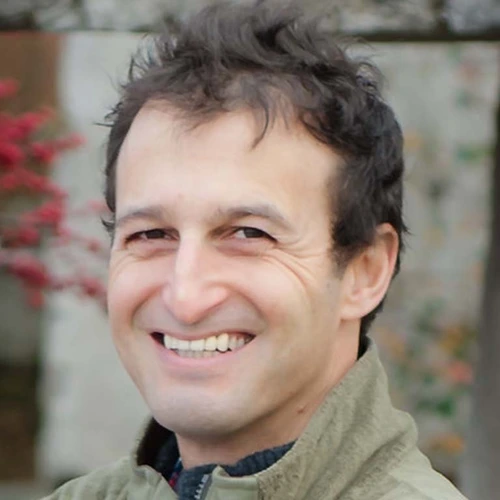Overview
Global environmental change is shifting the distribution and abundances of species globally; yet, the ecosystem consequences of such profound change are poorly understood. Here, I present a framework that seeks to unify the heterogeneity of plant-microbe-soil interactions in forests, as a means for predicting the impacts of community change. The Mycorrhizal-Associated Nutrient Economy (MANE) hypothesis predicts that species that associate with different types of mycorrhizal fungi possess an integrated suite of nutrient-use traits that lead to the maintenance of biogeochemical syndromes in forests.
To test MANE, I combined observations, experiments, syntheses, and modeling in forest stands across the US, and examined the effects of trait variation and community composition on ecosystem processes. I found strong support for MANE in temperate forests (relative to boreal and sub-tropical/tropical forests), and in eastern forests relative to western forests. Given that these dynamics appear to be detectable by remote sensing and can be incorporated into large-scale models, the MANE framework can serve as a useful tool for predicting forest response to global change. Collectively, my results suggest that shifts in the relative abundance of AM and ECM trees will likely have profound implications for how forests function and the services they provide.

Bio
Dr. Phillips was born in Boston, and spent much of youth exploring the forests of New England. He graduated from the University of Vermont with a BA in Environmental Studies, completed his M.S. at SUNY College of Environmental Science and Forestry, and his Ph.D. at Cornell University. Dr. Phillips did a postdoc at Duke University, where he worked on the Duke Forest FACE experiment. In 2008, Dr. Phillips was hired by the Department of Biology at Indiana University in Bloomington. He’s currently a full professor at IU, where he serves as the Science Director of the Research and Teaching Preserve and the director of the Evolution, Ecology and Behavior graduate program.
